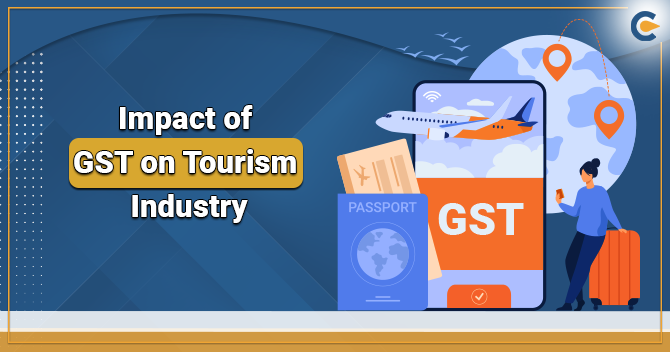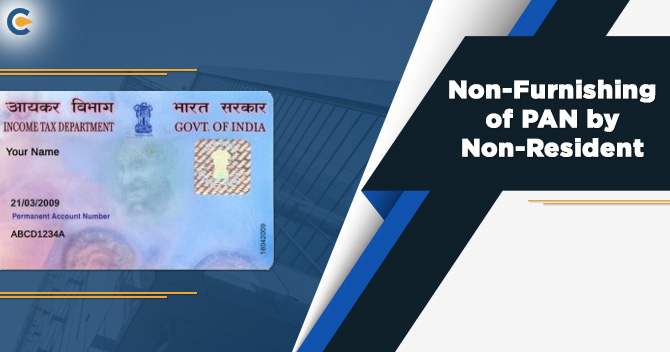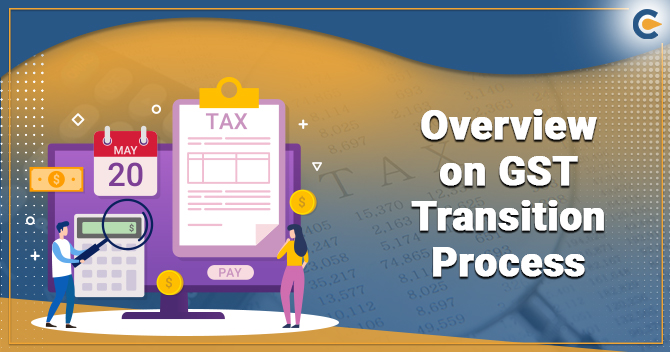Impact of GST on tourism Industry is hitting hard our Indian economy. GST introduction and its successive amendments have received both praise and criticisms. Tourism is one such industry that has to bear the ups and downs of the GST Act. Tourism alone is contributing a large chunk of global earnings by being the third-largest export avenue. It is providing one out of 11 jobs and generating 10% of the world’s economic output.
Tourism and hospitability industry is one of the largest foreign exchange grosser and tax generators in our country. This, in turn, is making way for our country to lose foreign tourists to the South East Asian Countries.
Impact of GST: Highlights of GST Rates in Hospitability Industry
Below is the list of highlights of GST rates in the Hospitability Industry-
- If the restaurant has a turnover is below Rs 75 lakh, then GST levies a tax of 5 percent
- Non-AC restaurants will have to bear the tax rate of 12 percent. While restaurants with AC have to shell out 18 percent of the tax
- Zero Percent tax for the hotels, lodges with tariffs
- 12% of the tax for the hotels, lodges charging a tariff between Rs 1,000- Rs 2,500
- 18% of the tax for the hotels, lodges charging a tariff between Rs 2,500- Rs. 7,500
- 28% of the tax for the hotels, lodges charging a tariff more than Rs. 7,500
A general view of GST rate in tourism industry
| S. No. | Services | Rate of Tax under GST |
| 1. | Services by a hotel, guest house, or club, etc. for lodging or residential purposes, with declared tariff of a accommodation unit less than one thousand rupees for each day or equivalent | Exempted Services. |
| 2. | Renting of hotels guest houses or clubs or other commercial places intended for lodging or residential purposes with room tariff Rs.1000 and more but less than Rs.2500 per room for each day. | 12% |
| 3. | Renting of hotels, guest houses, or clubs, and other commercial places meant for lodging or residential purposes and room tariff of Rs 2500/ and more but less than Rs 7500/- per room each day. | 18% |
| 4. | Accommodation in 5 star and high rated hotels, hotels with inns, guest houses, or clubs or other commercial places intended for lodging or residential purposes, where room rent is Rs 7500/- and more per night each room. | 28% |
| 5. | Supply of Food or drinks in restaurant without the facility of central heating or any air-conditioner any time throughout the year and without the license to serve liquor. | 12% |
| 6. | Supply of Food or drinks in restaurants with the license to serve liquor. | 18% |
| 7, | Supply of Food or drinks in restaurant with the facility of central heating or air-conditioner or at any time throughout the year. | 18% |
| 8. | Food Supply in catering service | 18% |
Impact of GST
GST has both negative and positive impacts on the tourism industry. We will take a look at both the positive and negative impacts of GST one by one.
Positive Impacts of GST
GST was introduced with the motive of one nation one tax. GST has replaced the multiple taxes with one single tax. The lower tax rate slabs seem to attract more tourists in India.
The Consistency of Taxes
GST has removed the multiple taxes by the introduction of a single tax regime. The GST tax rate lies in the bracket of 16% to 18%. This will help attract more tourists to our country.
The Increment in the State Government Revenue
With the new reform in GST, now a state with property lying in its territory has the right to collect the revenues generated in the form of taxes. For example, the UP government will have them share in the revenue generated as taxes on the property i.e. The Taj Mahal of India[1], located in its territory.
Earlier, the government was charging a local luxury tax on hotels and VAT on the food served. And the union government was taking all the revenue generated through these taxes.
But after the introduction of GST, states are generating their revenues through SGST (State Goods and Service tax). And it varies as per the number of tourist places, hotels & restaurants for the tourists, a state has.
The state with the maximum number of outbound journeys will earn the highest revenue. It means the state having the most of outbound flights; train journey etc. will have generous revenues.
Savings in the Food and Beverages Operations
One of the biggest beneficiaries of GST in the hospitability sector is the companies specializing in food and beverages operations.
There were multiple components in the bill which may inflate the bill by 30-35%. However, the introduction of GST has reduced this inflation by 10-15% on the overall bill.
Read our article:An Comparison of Post-GST Implementation Scenario in India
Negative Impact of GST
Numerous Registrations
- All the service providers, who have centralized registration, need to have separate registrations for the states as well.
- Even so, the government introduced the GST with the motive of one tax one nation, but this is not the situation on the practical grounds.
- All the service providers have an option to take different GST registration for separate business verticals
- Government grants the right to states for collecting GST on services.
Raise in Compliance Burden
- There is an additional procedure for all the invoices/receipts of inward and outward supplies as these have to be uploaded in the system
- This leads to the difficult task of credit matching and ultimately adds to the working capital requirement
- The organization needs to an additional GST returns file.
Credit on Work Contract Services is Stopped
Earlier hotels and restaurants used to get credit for the activities of construction and renovation. But now the government has stopped providing the credits under the GST regime.
Liquor is Excluded
Liquor should have also been included in the GST regime to fulfill the purpose of one nation one tax. Excluding liquor from the GST regime, contradicts the motive of bringing a uniform tax structure throughout the country.
What is the Impact of GST on Consumers?
Before the introduction of GST, there was a composite tax of around 20.5% (6% of service tax and 14.5% of value-added tax) on hotels and restaurants serving food and beverages. However, after the GST regime, the government levies 18% of tax. This ultimately saves around 3% of the tax for consumers.
On the other hand, if you are planning to stay in a good hotel, it is going to be costlier than before. The tax for a stay in such hotels is double the earlier tax that is 9% to 18%. And the luxury hotels (5 stars and above), which charges a rent of Rs. 7,500/- or above will have a tax of 28%.
Conclusion
Well, there is an extensive impact of GST on the tourism industry. However, the people engaged in tourism require to be highly updated with the latest reforms in the GST regime. The introduction of GST in the form of SGST and CGST has given a say to both the government pertaining to the revenue generated in the form of tax. However, better utilization of Input tax credit is still expected and the rates should be revised to give a push and encouragement to the Tourism Industry.
It leads to the optimization of cost and betterment of the flow of the transaction. GST will definitely bring in the positive picture in the long run. Our Government of India has also been making amendments on the areas that need to be worked upon.
Read our article:General Idea on GST Input Tax Credit Transition Provision on Stock in India













